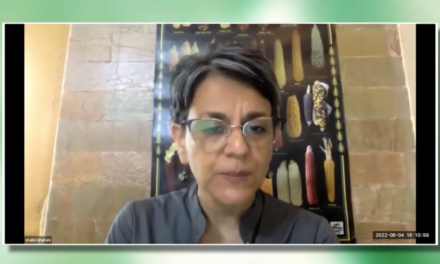By Jacques-chai Chomthongdi
After the collapse of the attempt to forge a Thai-US Free Trade Agreement (FTA) in 2006 and the long delay in commencing the Thai-EU trade negotiation, the Yingluck Shinawatra’s government is now back on the fast track of trade liberalization with the announcement, at the joint press conference with US President Barack Obama, that Thailand intended to join the Trans-Pacific Partnership (TPP). Moreover, reports (yet to be confirmed by government) have been circulating that the Thai-EU FTA negotiation framework would be adopted by the cabinet within coming weeks.
The government decision on TPP received criticism from various academics and some private sectors including an immediate censure from civil society groups led by FTA Watch, a coalition of NGOs which has monitored free trade deals.
Concerns over the substance of this planned trade deals were communicated to the leaders of both countries through open letters (http://www.ftawatch.org/all/press/31021). The key elements of the criticism are that TPP will:
- Allow the pharmaceutical industry to push up the price of medicines both inside and outside the country, consolidate industry monopolies and gain profits for even longer periods. There is a pharmaceutical chapter which restricts negotiation on the prices of medicines and dismantles efforts to regulate the appropriate use of medicines within the health care system;
- Increase the power of the giant transnational corporations to abolish a variety of national laws and public policies which are in place to protect public health from harmful products, such as tobacco and alcohol, and the environment and the resource base, through petitions to the International Arbiter;
- Undermine financial security by restricting the country’s right-to-use measures and policies on the movement of finance capital in order to maintain economic stability, as well as enforce laws related to consumer protection;
- Destroy the freedom of the internet by monitoring content and restricting the rights of the people, in the name of preventing copyright violation; and
- Demolish the principles of transparency, through a veil of secrecy, by failing to divulge the content and the impacts that will arise from the TPP Agreement and by authorizing business representatives to join in these negotiations.
Overnight, the TPP has become a hot issue in trade and academic circles. The Thai media also made it the highlight of the Obama visit. FTA Watch and its members organized a public action against the so called ‘high standard FTA’ in front of the military base, north of Bangkok, where the air force one landed on November 18.
Due to mounting public pressure, the Thai government back-tracked by having the Thai Prime Minister only verbally express government’s intention to join TPP rather than publishing a formal joint statement.
However, with the recently announced “Regional Comprehensive Economic Partnership (RCEP)” at the ASEAN and related summits in Phnom Penh, in which the 10 members of ASEAN plus China, Japan, South Korea, India, Australia and New Zealand would participate in the planned free-trade scheme, and with the looming EU-Thai FTA, it is clear now that the FTA era is back, and this is expected to have serious implications not only for Thailand but for the whole South East Asian region.


![[Event] Forum and Book Launch of “Transitions”](https://focusweb.org/wp-content/themes/Extra/images/post-format-thumb-text.svg)



![[IN PHOTOS] In Defense of Human Rights and Dignity Movement (iDEFEND) Mobilization on the fourth State of the Nation Address (SONA) of Ferdinand Marcos, Jr.](https://focusweb.org/wp-content/uploads/2025/07/1-150x150.jpg)

